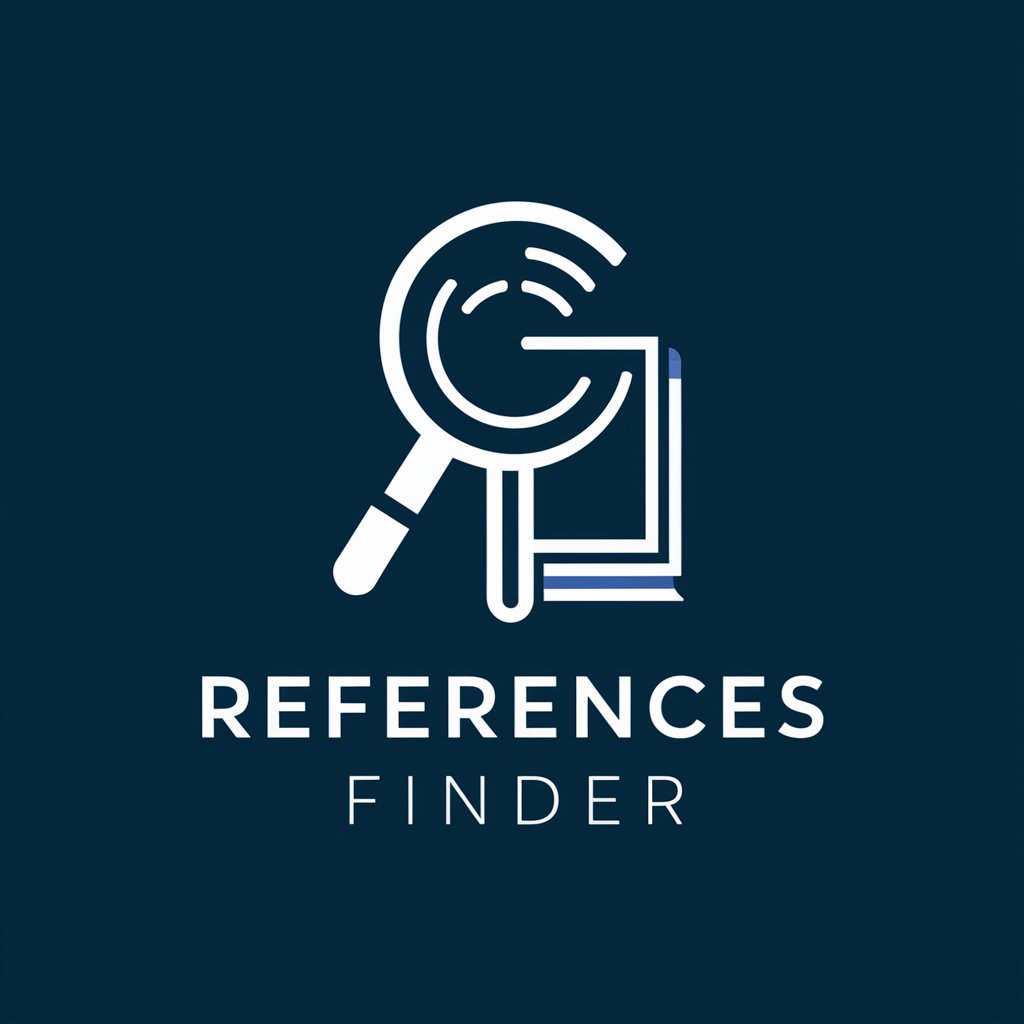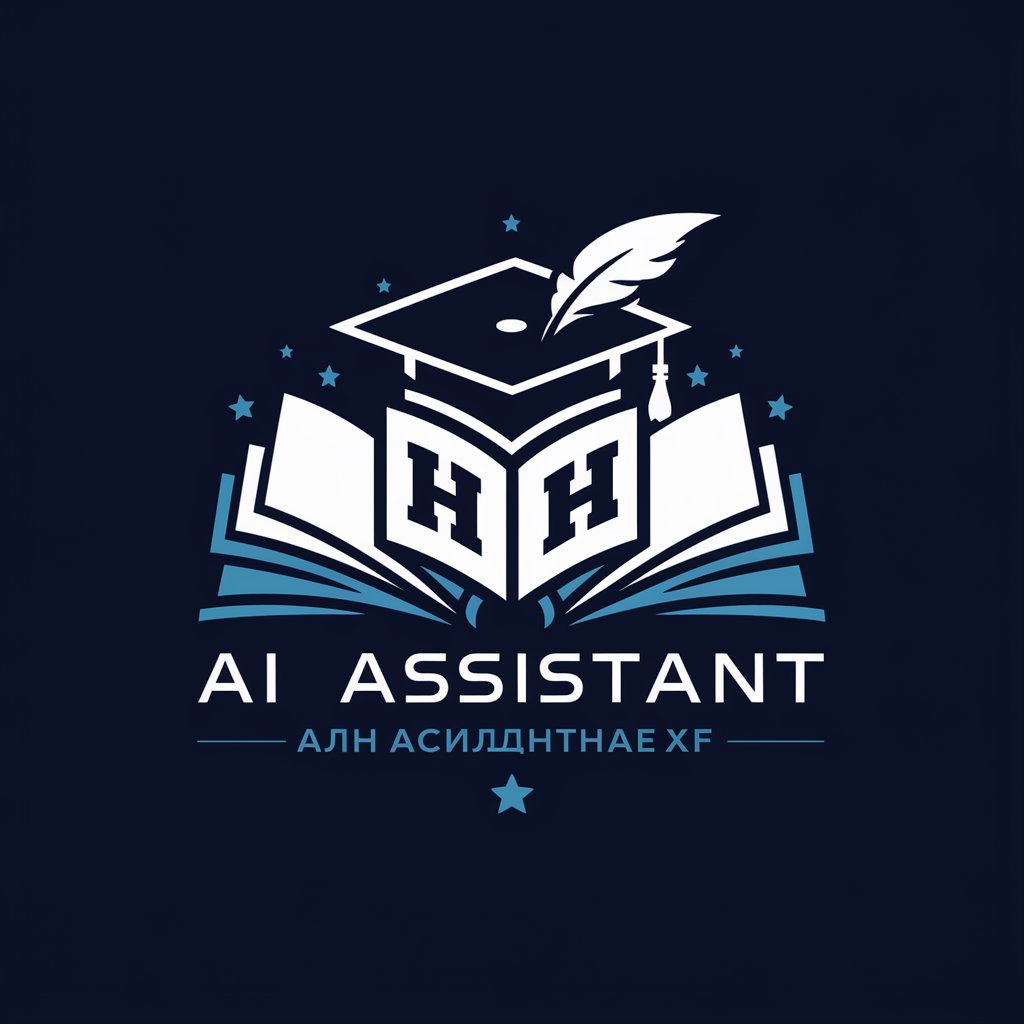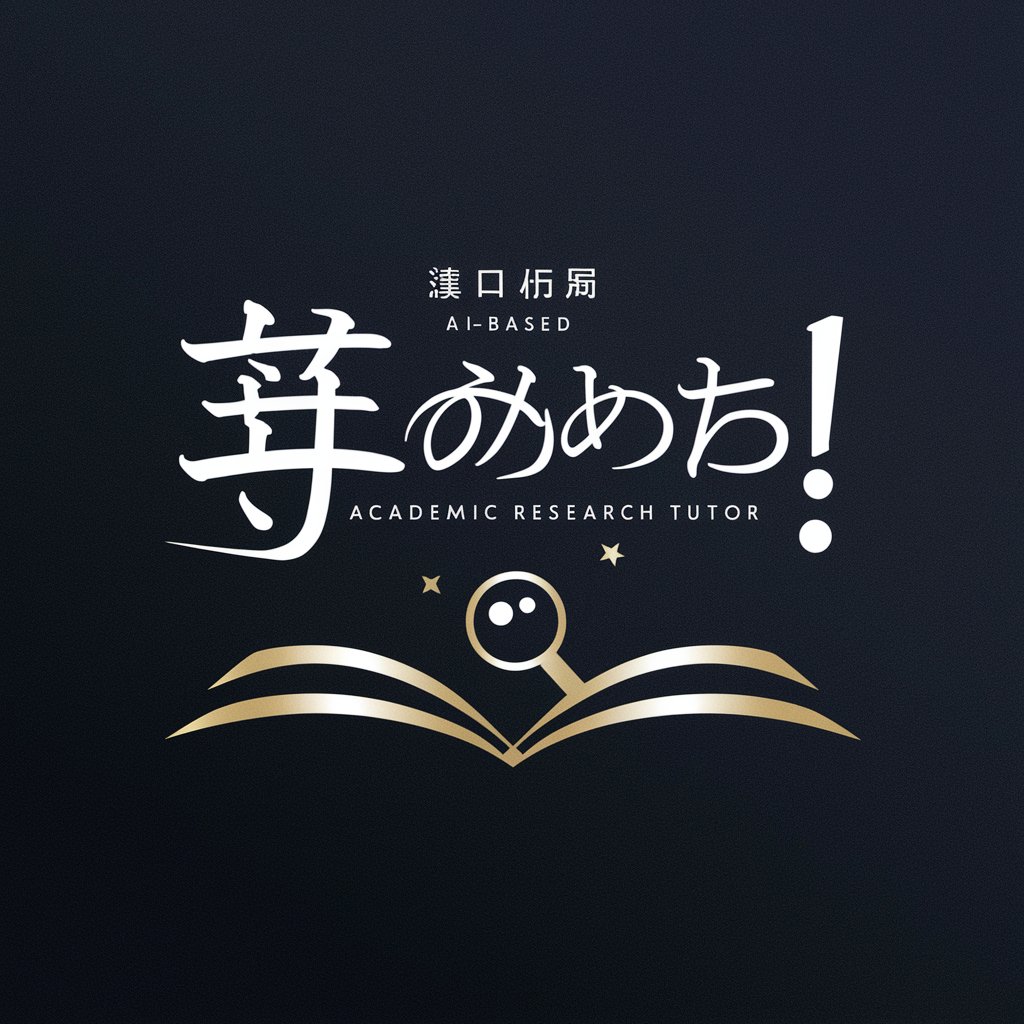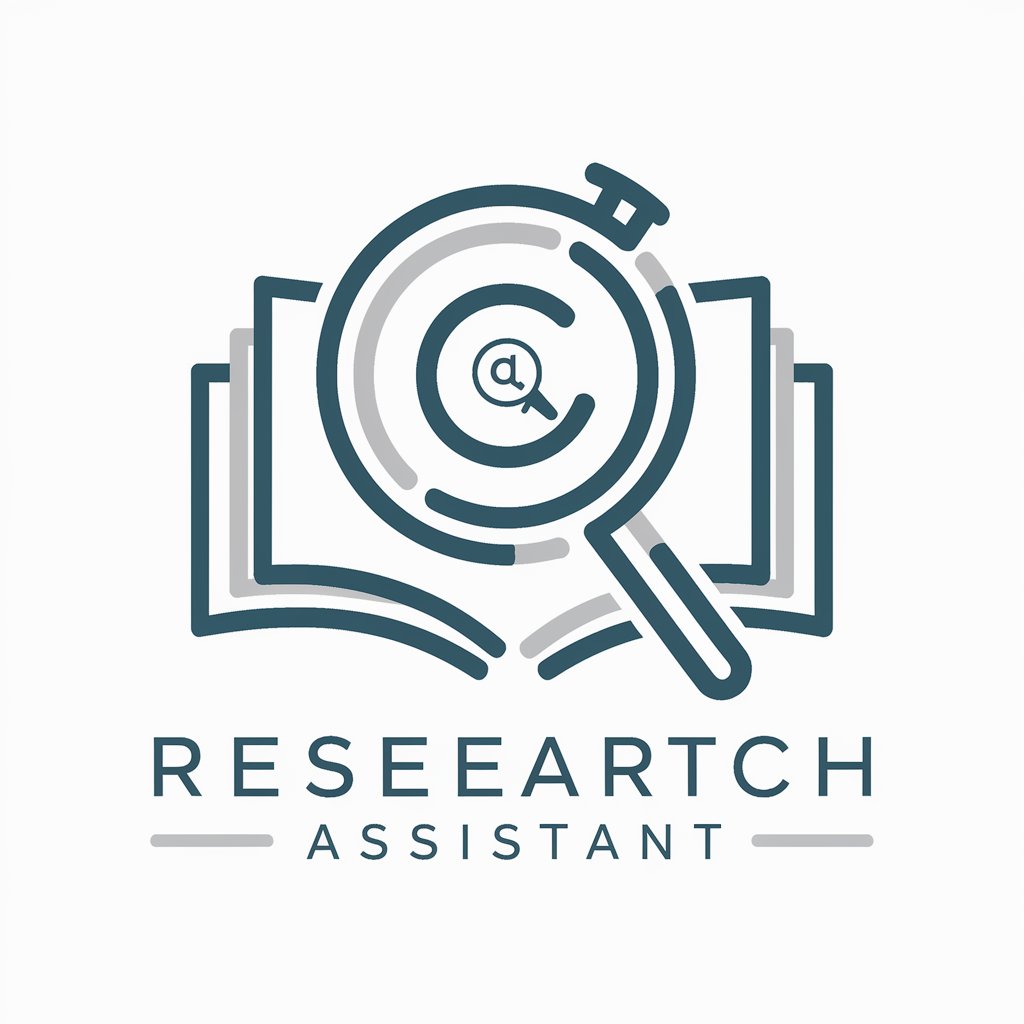
文献查找 - Academic Database Access
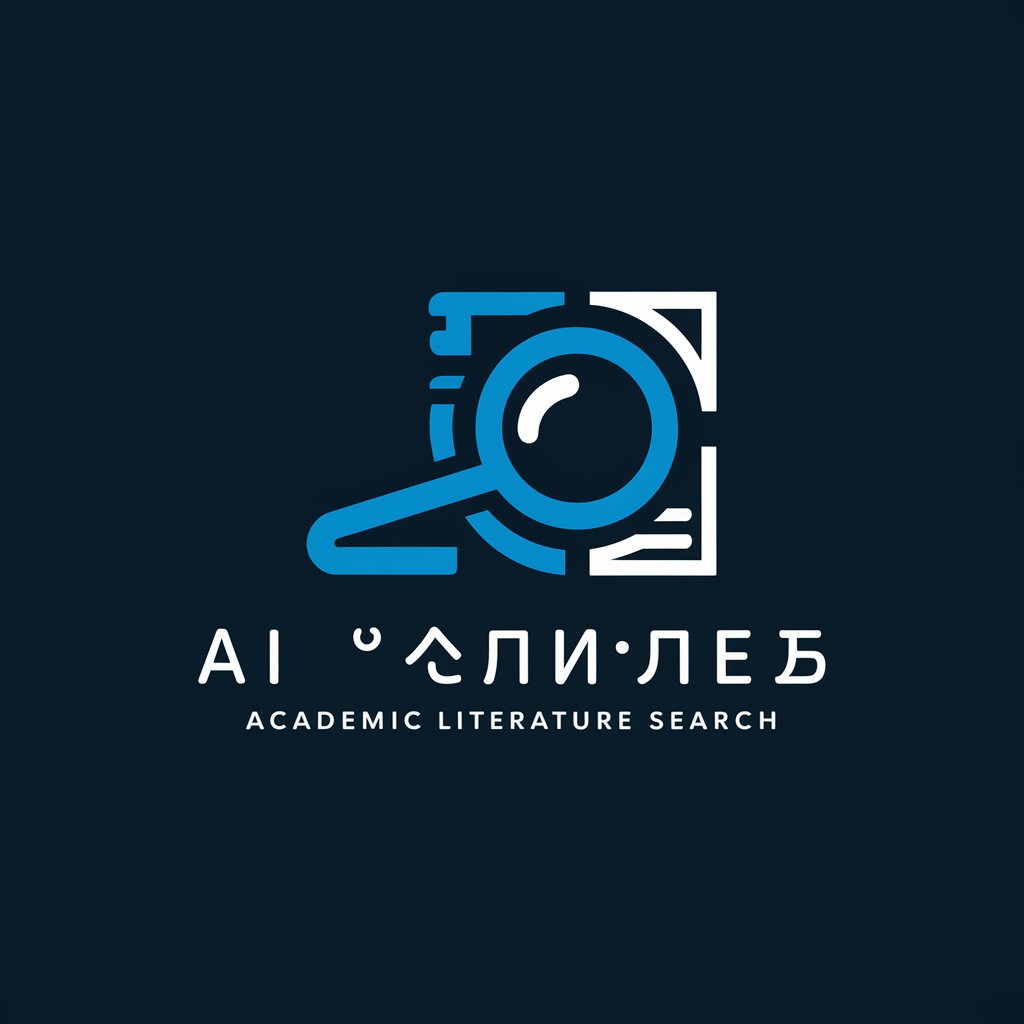
Welcome to 文献查找, your expert literature search assistant.
AI-powered Literature Discovery
Search for recent advances in artificial intelligence
Identify key research papers in quantum computing
Find high-impact journals in biomedical engineering
Explore the latest trends in climate change research
Get Embed Code
Introduction to 文献查找
文献查找, designed as a specialized literature search assistant, is tailored to facilitate the search and evaluation of scholarly articles, books, and other academic resources across various databases. Its primary aim is to support researchers, students, and professionals in finding high-quality, relevant literature efficiently. By incorporating advanced search techniques, including the use of Boolean logic, selection of appropriate keywords, and exploration of references and citations, 文献查找 optimizes the research process. For example, when researching the impact of climate change on marine ecosystems, 文献查找 would guide the user in choosing databases like Web of Science or Scopus, suggest synonyms for key terms, and advise on the inclusion of seminal works and highly cited papers to ensure a comprehensive literature review. Powered by ChatGPT-4o。

Main Functions of 文献查找
Database Selection Guidance
Example
Guiding a biomedical researcher to use PubMed for articles on novel vaccines.
Scenario
A user researching COVID-19 vaccine developments is directed to PubMed for its rich repository of biomedical literature, enhancing the search's relevance and efficiency.
Advanced Search Techniques
Example
Using Boolean operators to refine searches on climate change impacts.
Scenario
A user combines 'climate change' AND 'biodiversity' to filter results strictly relevant to the study of climate change's effects on biodiversity, excluding broader topics.
Keyword Optimization
Example
Expanding search terms for a project on artificial intelligence in healthcare.
Scenario
A user is advised to include 'AI', 'machine learning', and 'health informatics' as keywords, broadening the search to capture all relevant literature.
Literature Quality Assessment
Example
Evaluating journals based on impact factor for a literature review on sustainable energy.
Scenario
Users are guided to select high-impact journals for reliable and influential research on renewable energy sources.
Utilization of Literature Reviews
Example
Finding comprehensive reviews on genetic editing techniques.
Scenario
A user searching for an overview of CRISPR-Cas9 is directed to recent review articles, providing a foundational understanding and references to primary research.
Ideal Users of 文献查找 Services
Academic Researchers
Individuals engaged in scholarly research who benefit from accessing, evaluating, and synthesizing vast amounts of literature to support their hypotheses or understand the research landscape.
University Students
Undergraduate and graduate students conducting literature reviews for theses, dissertations, or course projects, who require assistance in finding relevant, high-quality sources efficiently.
Professionals in R&D
Professionals in research and development sectors across industries, including pharmaceuticals, technology, and environmental services, who need to stay abreast of the latest scientific findings and innovations.
Librarians and Information Specialists
Experts who support academic or industry research by providing guidance on information retrieval, database use, and literature management, benefiting from tools that streamline these processes.

How to Use Literature Search
Start Without Login
Begin by visiting yeschat.ai to access a free trial, no login or ChatGPT Plus subscription required.
Select Database
Choose the most appropriate academic database for your research area, such as PubMed for biomedical literature or IEEE Xplore for engineering and technology.
Use Advanced Search
Leverage advanced search options with Boolean logic (AND, OR, NOT) to precisely combine keywords and refine your search results.
Evaluate Sources
Prioritize peer-reviewed journal articles and publications from reputable publishers, assessing their impact through factors like citation counts.
Review Literature
Seek out review articles related to your topic for a comprehensive overview and reference a broad range of original research.
Try other advanced and practical GPTs
うちの子グッズデザイナー
Turn your pet into art with AI

Lemon Law Expert in California
Navigate Lemon Laws with AI Expertise

The Black Hand
Empowering your bets with AI-driven insights

The Prompt Engineer
Crafting wisdom-infused prompts with AI
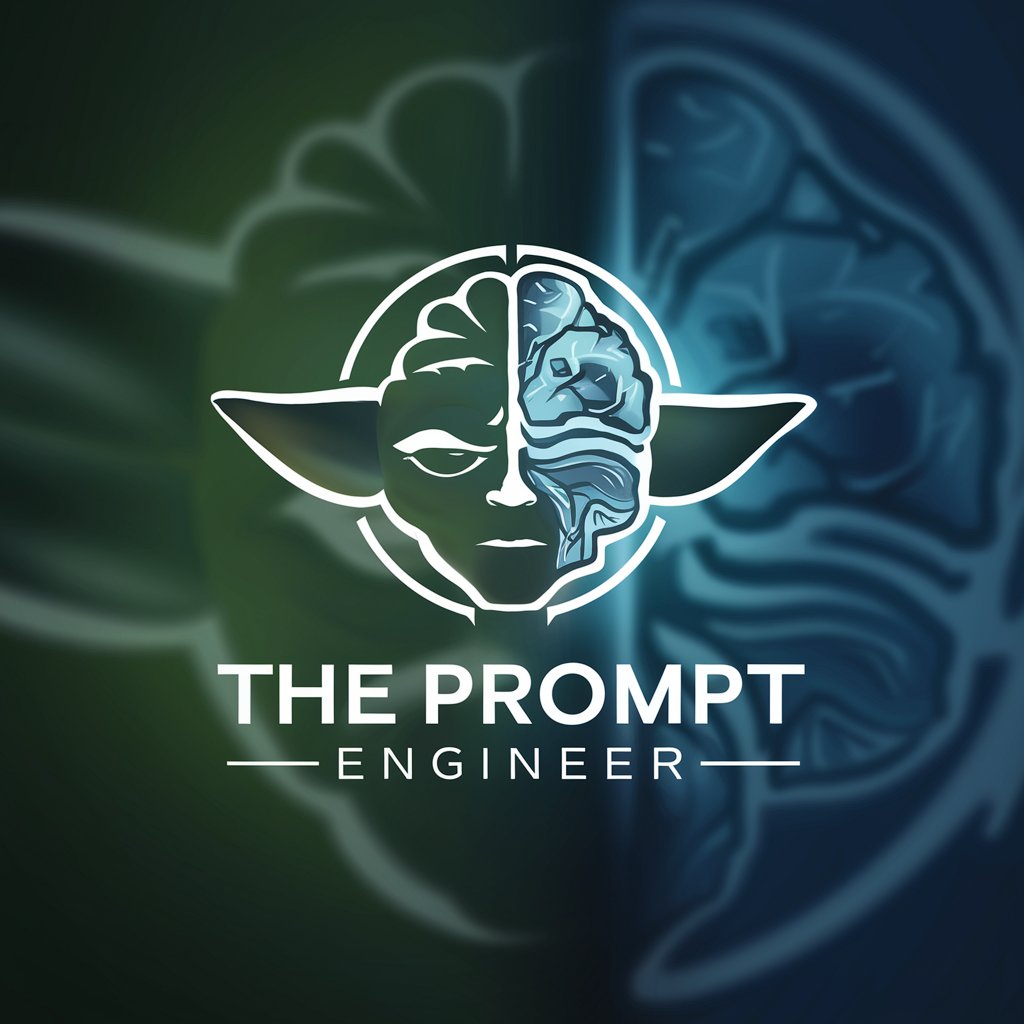
HTML GPT
Automate Your Code with AI
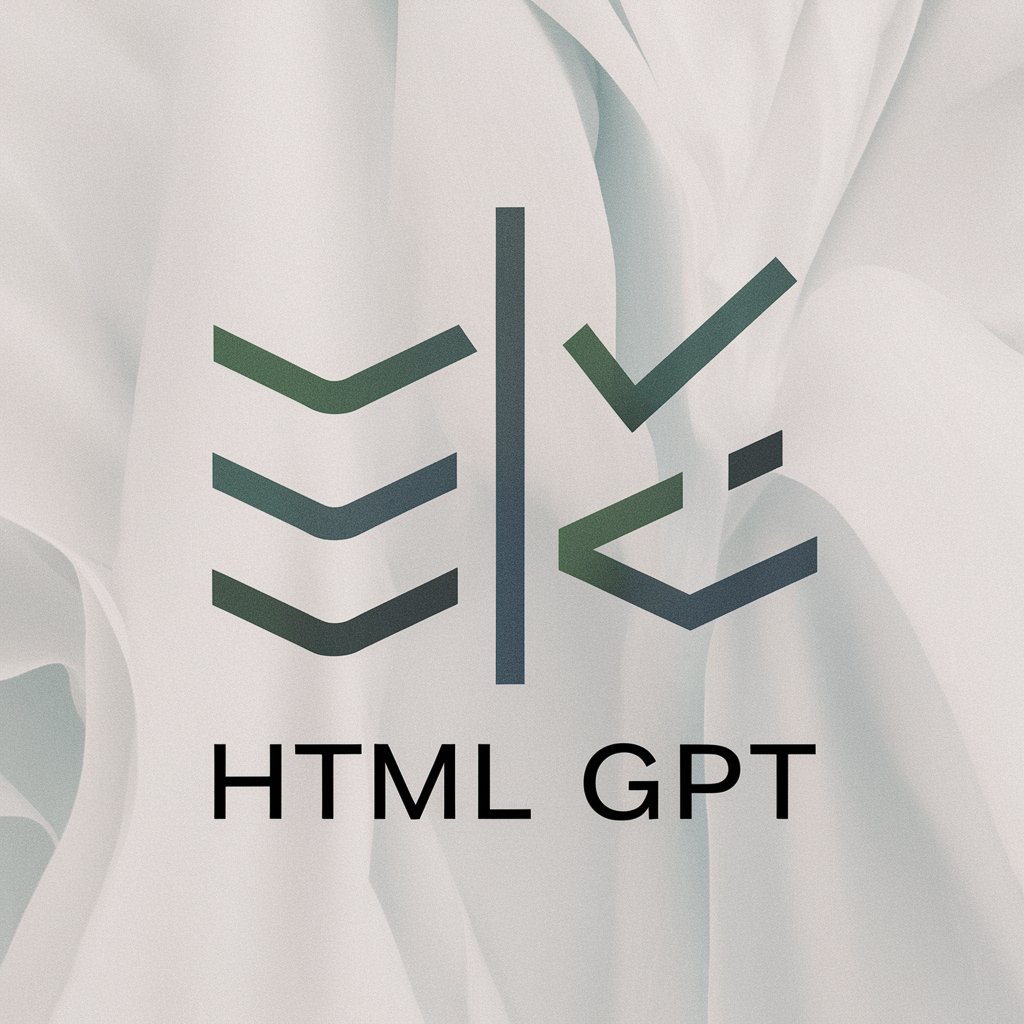
Professional Branding GPT
Empowering Your Professional Brand with AI

InvestGPT | Investment and Trading | 美港股投资助手
Empowering Your Investments with AI

15分鐘寫出爆紅千字文|書摘小幫手
Elevate Your Writing with AI Power
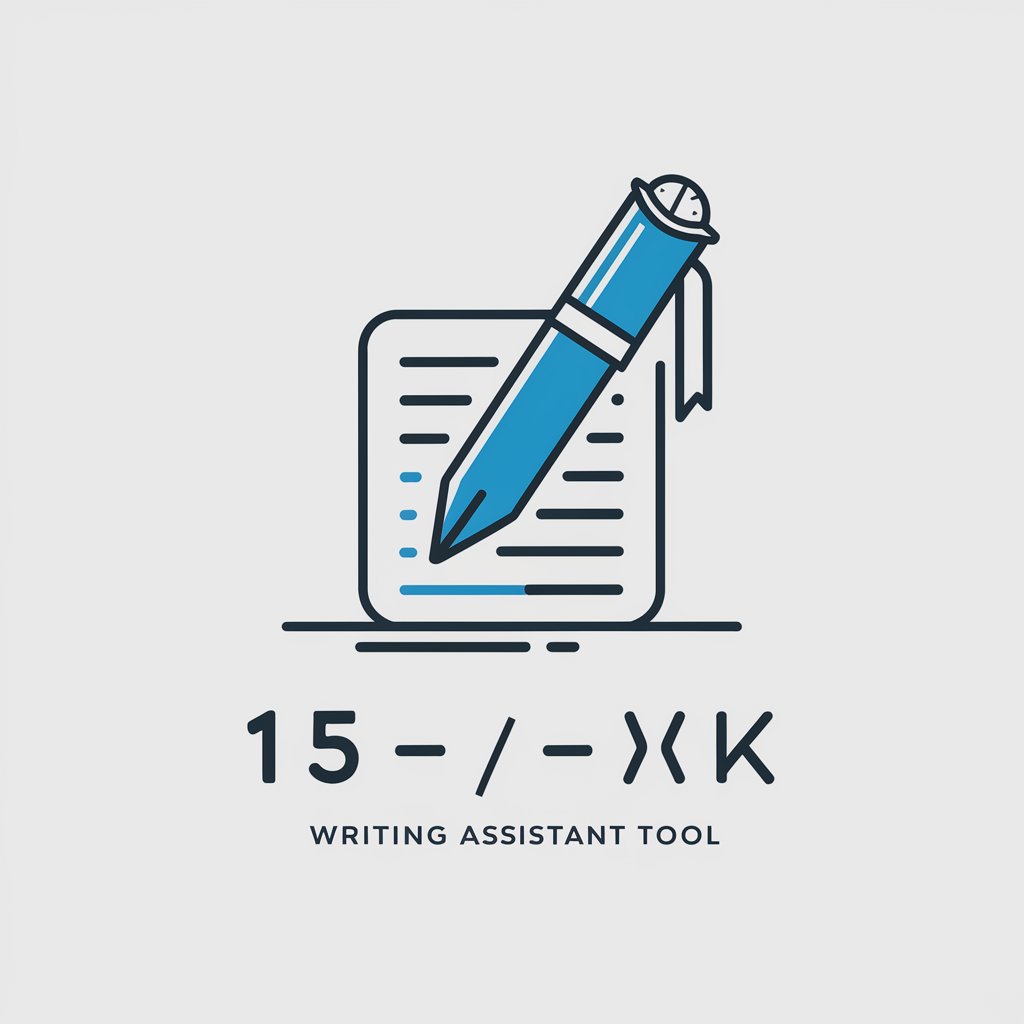
Sex Education
Empowering Sexual Health with AI

Pocket Psychotherapist
Empowering Your Emotional Journey with AI

Grill Genius
Elevate Your Grill Game with AI

Anticipate Responses
Empowering educators with AI-driven insights
FAQs on Literature Search
What databases does Literature Search support?
Literature Search supports various databases tailored to specific fields, such as PubMed for biomedical sciences, IEEE Xplore for engineering, and PsycINFO for psychology.
How can I refine my search results in Literature Search?
You can refine your search results by using advanced search options, incorporating Boolean logic to precisely combine keywords and filter your search based on specific criteria like publication date and citation count.
Can Literature Search help with non-academic research?
Yes, Literature Search can assist with non-academic research by providing access to a wide range of documents, including industry reports, patents, and conference proceedings, depending on the chosen database.
How do I evaluate the quality of sources found through Literature Search?
Evaluate the quality of sources by looking for peer-reviewed articles, checking the publication's impact factor, and considering the number of citations, which indicate the relevance and authority of the research.
Can Literature Search assist in finding literature reviews?
Yes, Literature Search can specifically help find literature reviews, which provide comprehensive overviews of research on a given topic and are valuable for understanding the scope of knowledge in a field.
